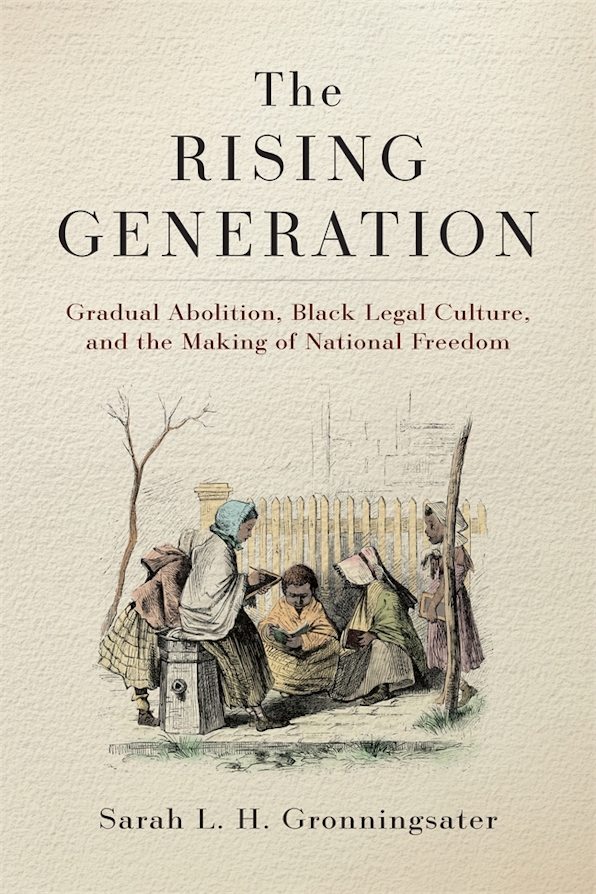[We have the following
call for applicants. DRE]
Graduate Fellows Summer Research Institute in U.S. Law and Race, June 7-26, 2026
Call for Applicants: Deadline February 15, 2026
Funded by the Mellon Foundation, this three-week residential fellowship program supports four (4) graduate students in Summer 2026 at the University of Nebraska-Lincoln's U.S. Law and Race Initiative with the Digital Legal Research Lab. We seek proposals addressing race and racialization in U.S. law and history broadly, aiming to understand racialized people's use of the law to advance personhood, citizenship, rights, and sovereignty throughout American history.
The Fellowship: Fellows will workshop their research and writing, receive training in digital methods to support data structuring and analysis, contribute to an Open Educational Resource, and enjoy seminar-style discussion of shared readings. The 3-week program features tailored mentoring with U.S. Law & Race affiliate faculty and staff, along with opportunities to meet and network with UNL's History & Digital Humanities communities. Faculty mentors include William G. Thomas III (History), Katrina Jagodinsky (History and Women’s and Gender Studies), Jeannette Eileen Jones (History and Ethnic Studies), Donna Doan Anderson (History), Genesis Agosto (Law), Eric Berger (Law), Danielle Jefferis (Law), Laura Muñoz (History and Ethnic Studies), Jessica Shoemaker (Law), and Catherine Wilson (Law).
Benefits: $4,000 stipend; all housing and meals provided; and all travel costs are covered.
Eligibility: We seek Graduate Fellows researching topics broadly related to U.S. law and race. We are not able to accept proposals that are solely quantitative social science research. Fellows must be from Ph.D. programs in History or relevant humanities or humanistic social science disciplines, including joint J.D./Ph.D. programs. We are especially interested in applications from scholars who engage directly with traditionally underrepresented groups or attend Minority Serving Institutions. The University of Nebraska does not discriminate based on race, color, ethnicity, national origin, sex, pregnancy, sexual orientation, gender identity, religion, disability, age, genetic information, veteran status, marital status, and/or political affiliation in its programs, activities, or employment.
How to Apply: To be considered for the Fellowship, you should send (1) a letter of interest describing your research project, the writing you propose to workshop and how your work promotes deep historical assessment of U.S. law and race; and (2) a CV, and 3.) a list of two references the committee may contact. Please send materials to uslawandrace@unl.edu with the subject line "Mellon Graduate Fellows" by midnight on February 15, 2026.
The University of Nebraska is a land-grant institution with campuses and programs on the traditional territories of the Oceti Sakowin, Omaha, Oto, Pawnee, and Ponca Tribes, and those held by the relocated Ho Chunk, Iowa, and Sac & Fox Tribes. The UNL Department of History offers graduate fellowships for research in Digital History, Nebraska and the Great Plains, and the North American West that are ideal for potential graduate students pursuing projects in histories of race, gender, sovereignty, and the law.
















